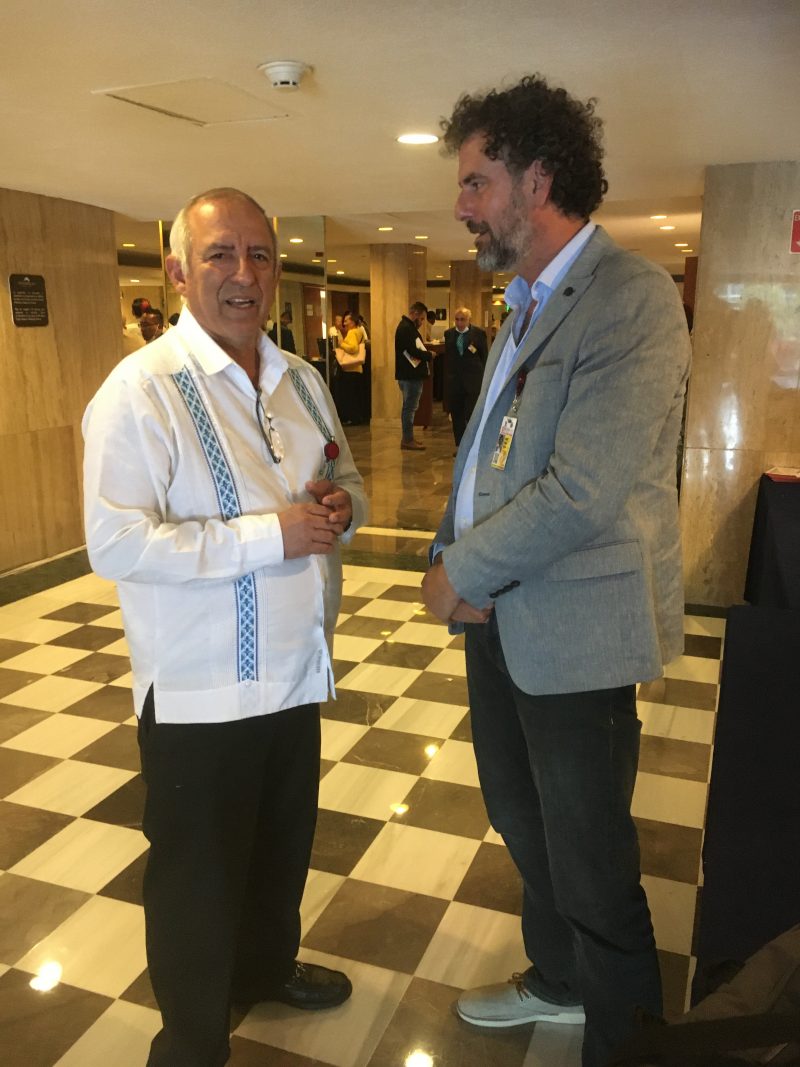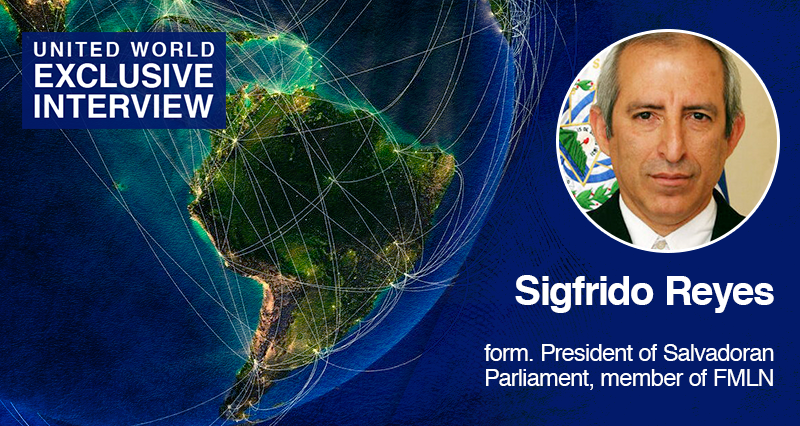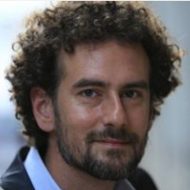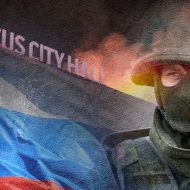While the eruption of the clashes in Ukraine nears its first anniversary, the global public opinion debates the emergence of a new world order. The West has imposed sanctions on Russia – which the so-called Global South openly opposes. This has lead to questioning the given order and fuelled debates on the emergence of a multipolar world order.
We spoke on these issues with Sigfrido Reyes, a leader of El Salvador’s Farabundo Marti National Liberation Front (FMLN) and former President of the country’s parliament.
What changes do you observe on the global political scene?
The current quest for a multipolar world has not the classical shape, where one power contests the dominance of the other. We witness a world, where powers of global reach, like China and Russia, and powers of regional influence, like Türkiye, Iran, Indonesia or Brazil all seek alliances. This occurs in different policy areas, with the economic and financial cooperation being currently the leading one.
The Shanghai Cooperation Organization meanwhile covers the matter of security, but not in a military sense. The SCO more focuses on the struggle against terrorism and drug trafficking.
This is a relatively recent organization that does not articulate military goals. Notwithstanding, it constitutes a block with a great economic, demographic, technological and – of course military potential.
Now, several countries like Türkiye and Iran have announced interest in joining the SCO. Others, like Argentina and Saudi Arabia at the same time indicate will to join the BRICS. This all tells us that there is a qualitative change ongoing.

Latin America “yet to determine its role” in the aspiration for multipolar world
On the 200th anniversary of the Monroe Doctrine, the United States have announced the start of a new Cold War against the presence of Russia and China in Latin America.
The Monroe Doctrine was historically born out of the need to contain the United Kingdom and France and to finalize the expulsion of Spain from our continent. It was designed as an affirmation of US hegemony on the American continent.
200 years later, the Monroe Doctrine keeps on being alive, with an unchanged actor: The United States. Its pretention of dominance in the hemisphere has not changed.
What has changed are the other global actors: Now, it’s China, it’s Russia and even Türkiye. I think Latin America has not yet succeeded in determining its role in this aspiration for a multipolar world.
What would be your proposal for that role?
I think that, maybe with the exception of Mexico and Brazil, none of our countries has a specific great weight in global politics. This fact leads to the conclusion that Latin America has to establish a project on its own and invest political capital in it.
Today, there is a draft of the project in the figure of the CELAC. This Community of Latin American and Caribbean States have been the most serious attempt in the recent decades to play a role that is autonomous from the United States.
Notwithstanding that, the CELAC has not yet achieved an efficient mechanism. There are declarations and intentions, but it all depends on who has the current presidency-pro-tempore of the organization.
For that reason, the CELAC has gone through ups and downs, according to the actual country presiding it: If that country deemed importance to the organization, it revived, if not, it fell asleep.
The CELAC has not even an executive secretariat – it is still in the process of configuration. It is like you have a profile – but it lacks the hair, the color, the muscles and so on in order to turn it into more than a project of good intentions.
Therefore, it is a great challenge to carry the CELAC to a much more defined and determined shape than it has been until now.
The Organization of American States is burned down politically and morally. This constitutes a great opportunity for CELAC. But that also needs leadership. Mexican President Lopez Obrador has worked hard, but it was not enough. Hopefully, the return of Lula to government in Brazil will constitute a decided impulse.
Remember that Lula is a politician with a global vision. He has taken Brazil out from the international isolation. Bolsonaro had reversed that, by participating in BRICS without presenting even one proposal. Now, with Lopez Obrador, with Argentina’s Alberto Fernandez, with Venezuela recovering economically and politically, the prospects are better.









Leave a Reply